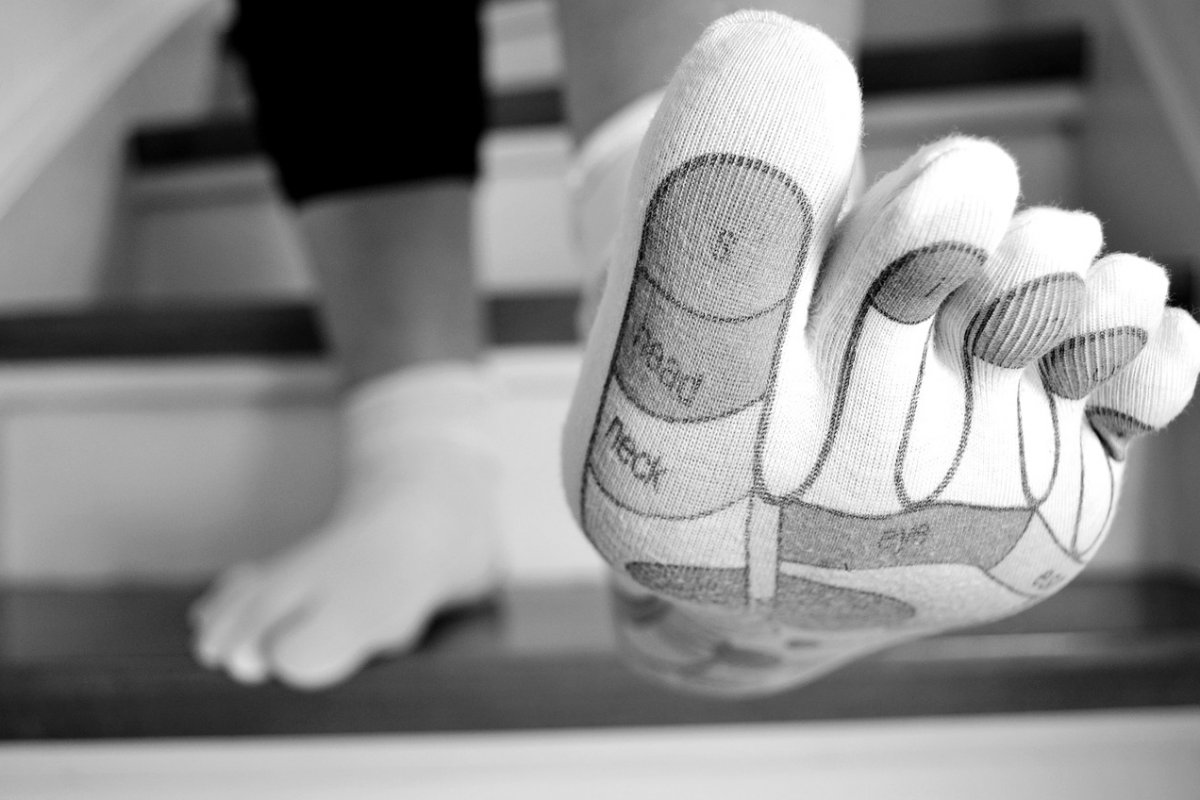
Your feet can warn you of circulatory problems caused by diabetes, high cholesterol, high blood pressure and heart vascular disease.
While you may turn to your chest for warning signs of heart disease, your legs may also be ringing alarm bells.
Each foot is made up of 26 bones, 30 joints, and over 100 muscles, but it also contains blood vessels. The channels through which blood is distributed throughout the tissues of the body can alert you to health problems, from diabetes to cardiovascular disease.
“Every day we walk thousands of steps, but many of us neglect them, and they can tell you a lot about your health. The first thing you need to pay attention to is your toes,” says endocrinologist Antonina Gureeva, especially for MedicalForum.
The doctor explained that cold toes can be a sign of circulatory problems, which may indicate more serious problems with health.
Like any part of the body, your toes need food and oxygen to keep the blood vessels open well.
“The blood vessels in your toes are tiny, so it doesn’t take long to damage them or clog them with fat, which is can really lead to cold fingers.”
Magnesium helps reduce the risk of cardiovascular disease
Luckily, there is a simple test that can be done anywhere to check if your toes are frozen. Gureeva instructed to press the toes for five seconds and then release.
“The color of your toes should return within two seconds, this is a good sign of blood circulation. People at high risk for these circulatory problems are people with diabetes, high blood pressure, cardiovascular disease, and high cholesterol.”
Discoloration of toenails can also signal health problems, ranging from fungal infections to even skin cancer. If you notice something unusual in your feet or toenails, the TV doctor recommended getting checked.
Pain in the big toe: what does it mean?
>Earlier, MedicForum wrote about the dangers of sugar.
Important!< /b> Information provided for reference purposes. Ask a specialist about contraindications and side effects and under no circumstances self-medicate. At the first sign of illness, consult a doctor.
